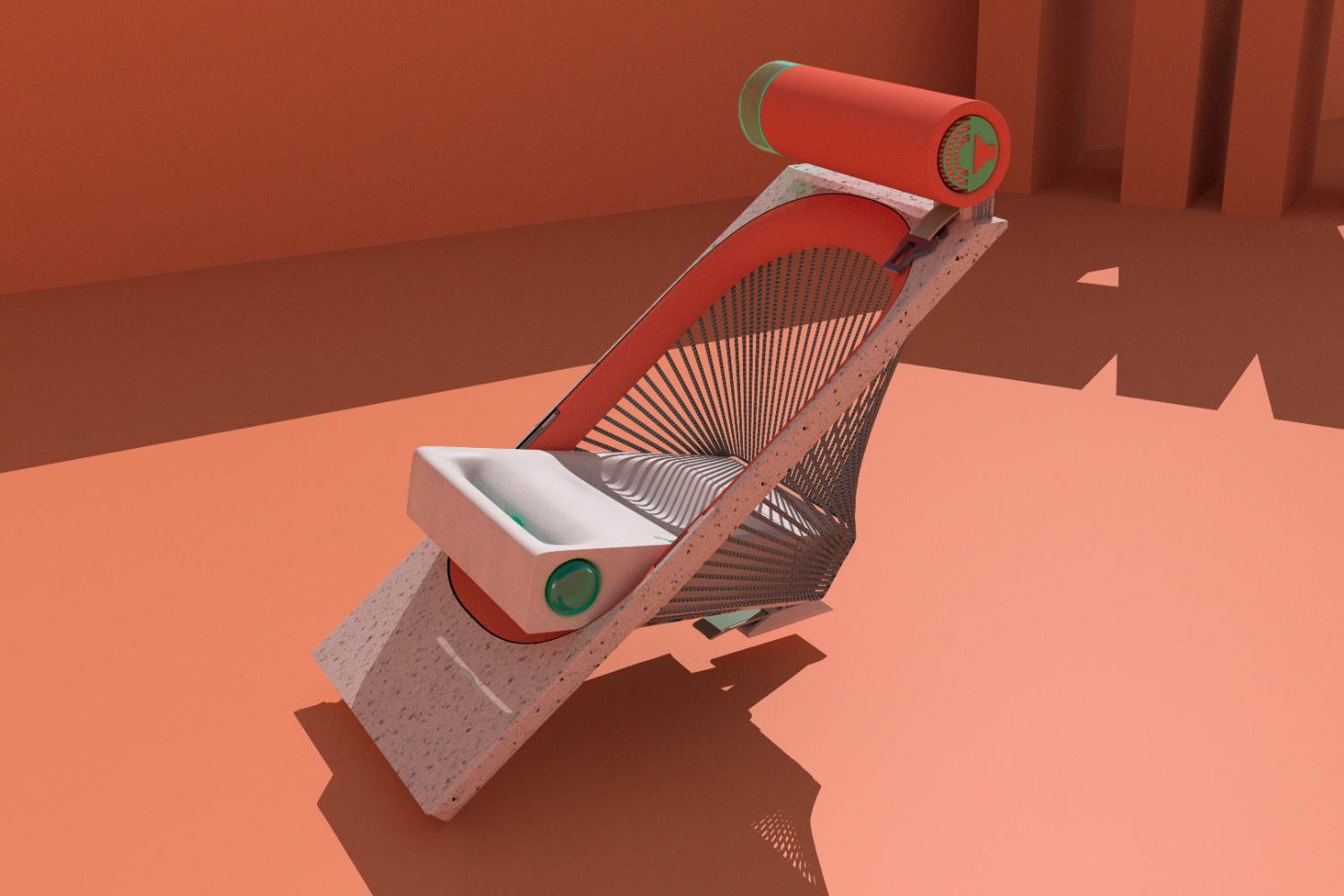Fiat marked 100 years since the opening of its Lingotto plant this week - and has showcased a futuristic interior inspired by the historic Turin factory.
The design, previewed by Fiat in its "Shaping the Future" video, takes styling cues from the Lingotto factory's shape, and is expected to form the basis for the upcoming Fiat Panda's cabin.
The influence of Lingotto can be seen clearly in the shape of the signature rooftop test track, incorporated into the centre console and dashboard. In the same video, Fiat CEO Olivier Francois described the factory and the track as a "landmark" that deserved to become a "design marker".
"Their characteristics have inspired Fiat designers to trace the lines of the future Fiat models, from the incredible roof track, to the ramp - a revolution in the 1920s - which is like a manifesto of our traditional lightness: less material, more space, that's our vision of interior design moving forward," said Francois. "I look forward to launching those 'Lingotto inspired' models a year from now."
The design also incorporates some new ideas, such as the oval-shaped steering wheel, complete with an integrated digital speedometer and a rotating extension to the centre console. The interior makes use of light-coloured materials and fabrics throughout. The seats are also designed to be minimal in their construction - in line with Fiat's less-is-more design philosophy, as outlined in the video.
"The oval shape of 'La Pista 500' [the rooftop track] inspires several new interior product markers, while the façade, with the lightness of its windows, will also become a distinctive signature of the future models," added Francois.
The next generation of Panda is expected to be one of Fiat's first offerings to include echoes of Lingotto in its interior design. The electric Concept Centoventi, first unveiled at the 2019 Geneva Motor Show, was touted as a preview of the next Panda. Among its features was a wide scope for customisation - Fiat said that owners would be able to order up to 114 accessories, which they could fit themselves.
Four years later, and the new Panda is now expected to arrive in 2024 to be offered with electric power - in line with Fiat's decision in July 2022 to completely halt the production of its purely petrol and diesel-powered cars - its line-up now exclusively consists of electric or hybrid vehicles.
Despite having one eye on the future, Fiat is keen to include elements of its past in future models and is using the centenary of Lingotto's opening to outline this. In particular, the video refers to the 'four-stripe' Fiat logo - out of use since 1999 - as a "mark of the future", suggesting that its previous branding may return at some point.
"Today is a special day", said the president of the Pinacoteca Agnelli museum, Gievra Elkann. "The Lingotto was officially opened by my great grandfather, exactly 100 years ago. It was a very proud moment: a huge step forward for Fiat, and for the Italian industry in general."
"The Lingotto has been an icon of Italian production, of renewal and transformation and, still today, it's an engine for new ideas. In the 80s we were in search of a new purpose, so my grandfather decided to turn it into what you see today: shops, offices, hotels and culture fulfilled by the artistic mission of Pinacoteca Agnelli."
The Lingotto factory began construction in 1916, based on an innovative design by architect Giacomo Matté-Trucco. The building had five floors, with the production line finishing at the top of the building, where the completed cars would drive out onto the test track. The Lingotto plant produced 80 different models in its lifetime, including the Topolino, seen as a precursor to the 500.
The plant was regarded as a spectacle even in its time - architectural pioneer Le Corbusier called it "one of the most impressive sights in industry." Despite this, the factory was eventually unable to keep pace with larger and more modern plants. Production was wound up in 1982, as the more advanced Mirafiori factory rendered Lingotto production obsolete. The Lancia Delta was the last model to roll off the line.










